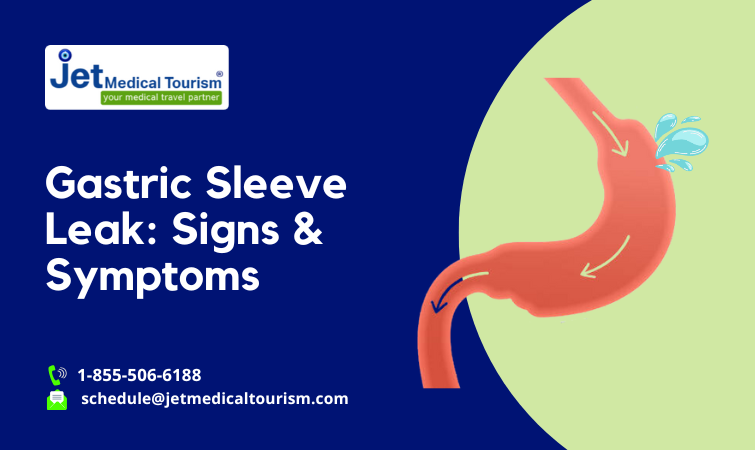Sleep Apnea And Weight Loss Surgery
Millions of people suffer from sleep apnea, which is a sleep disorder causing irregular breathing and loud snoring. Obstructive sleep apnea (OSA) is one of the most common forms of this disease, which primarily occurs in people with obesity. Fortunately, a reverse correlation exists between obstructive sleep apnea and weight loss surgery. Relief from OSA through bariatric surgery may also help prevent cardiovascular disease.
Obesity and Sleep Apnea: What’s the connection?
According to researchers, obesity has a direct connection with obstructive sleep apnea. When you are excessively overweight, you may develop significant fatty tissue deposits in the neck, which are known as pharyngeal fat. While you are sleeping, your upper airway muscles become relaxed. At this point, the pharyngeal fat pockets can cause blockage in the airway, resulting in sleep apnea and snoring.
- Apnea/Hypoxia Episodes: In people with obesity, obstructive sleep apnea is marked by recurrent episodes of apnea and hypoxia during sleep. The respiratory muscles in the upper airway become constricted because of excess fat accumulation. This puts an increased level of intra-thoracic pressure, leading to full or partial upper airway collapse. This triggers hypoxia/apnea episodes.
- Risk of Heart Disease: When you have obesity, the frequent apnea and hypoxia episodes during sleep will gradually result in a reduced oxygen supply to the blood vessels and body tissue. A persistently lower oxygenation level will create tissue hypoxia – a key factor that leads to atherosclerosis (plaque buildup in the arteries). This is the primary risk factor for heart disease.
- Obesity Hyperventilation Syndrome: In some patients with obesity, a condition called obesity hyperventilation syndrome (OHS) may occur, which reduces the blood oxygen levels and increases carbon dioxide levels. OHS often co-exists in persons with obesity, and is one of the contributors to sleep apnea. A combination of OHS and OSA has a bad prognosis. This must be considered when evaluating sleep apnea and gastric sleeve surgery.
READ THIS: Obesity and cancer
Is sleep apnea reversible with weight loss?
Yes, the good news is that sleep apnea is reversible with weight loss. If diet fitness and lifestyle modifications do not help you lose significant weight, you may consider bariatric surgery sleep apnea treatment. Bariatric procedures, such as gastric bypass or gastric sleeve can help you achieve massive weight loss rapidly, which will reverse sleep apnea. Here are a few facts related to sleep apnea and gastric sleeve surgery:
- Post-surgery weight loss will cut down fatty tissue deposits in your throat and tongue, thereby releasing airway restrictions.
- Massive weight loss will also lower your abdominal fat, thereby improving your lung volume and strengthening airway traction.
- Weight loss will also relieve you from other sleep apnea symptoms, including daytime drowsiness and neuropsychiatric dysfunction.
- In patients with BMI ranging from 30 to 40 (moderate obesity), just 10 to 15% weight loss can reverse sleep apnea by 50%.
- Bariatric surgery sleep apnea treatment also helps improve your fitness and exercise regimen, which will dramatically reverse OSA.
- No matter which surgical or non-surgical weight loss options you use, your sleep apnea reversal will be proportional to your weight loss.
Sleep apnea and weight loss surgery: What you should know?
According to leading medical experts, weight loss surgery is the most effective treatment for sleep apnea. It leads to sleep apnea remission in up to 85 percent of the patients. While some patients with OSA use non-surgical devices such as CPAP (continuous positive airway pressure), it may not lead to full sleep apnea remission. Sleep apnea and weight loss surgery must be evaluated for patients with severe OSA symptoms.
Sleep apnea and gastric sleeve surgery
Gastric sleeve surgery is a less invasive weight loss technique, which will reduce your stomach’s food storage capacity. When you eat smaller meals and feel full quickly, it will help you achieve freedom from obesity. As the fat deposits in your upper airway dissolve following weight loss, your sleep apnea will resolve. Talk to your bariatric surgeon about sleep apnea and gastric sleeve surgery to make an appropriate choice.
Sleep apnea and gastric bypass surgery
Gastric bypass surgery is considered the gold standard in bariatric surgery sleep apnea treatments. The surgery involves changes to the stomach as well as small intestine to help induce rapid weight loss along with relief from co-morbidities such as OSA. When you shed off excess weight, you will breathe better and enjoy deeper sleep at night. Discuss with your surgeon about sleep apnea and gastric bypass surgery to make a judicious decision.
Final words on sleep apnea remission with bariatric surgery
Obesity not only causes aesthetic concerns, but it may also lead to potentially life threatening health conditions, including obstructive sleep apnea. Lack of sound sleep will reduce your quality of life, affect your performance at work, and increase your risk of other complications such as heart disease. With bariatric surgery, sleep apnea remission can be easily achieved to put your life back on track.
With successful sleep apnea remission, you will feel more energized after a full night’s restful sleep. Your confidence levels will improve. You will find a new zest to perform well at your workplace as well as enrich your personal relationships. Consult with a seasoned bariatric surgeon about all aspects of sleep apnea and weight loss surgery and get ready for an obesity-free life filled with health and happiness.




